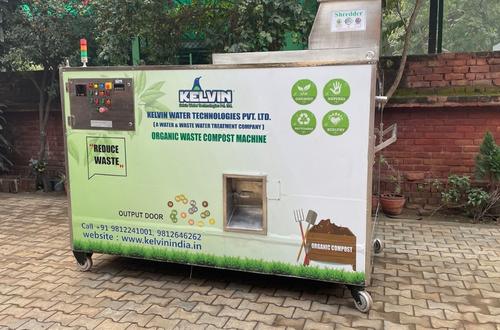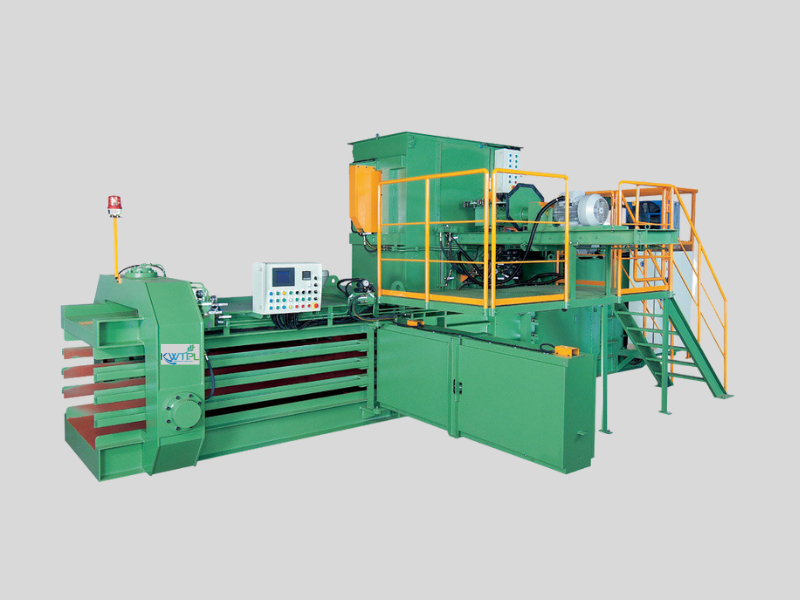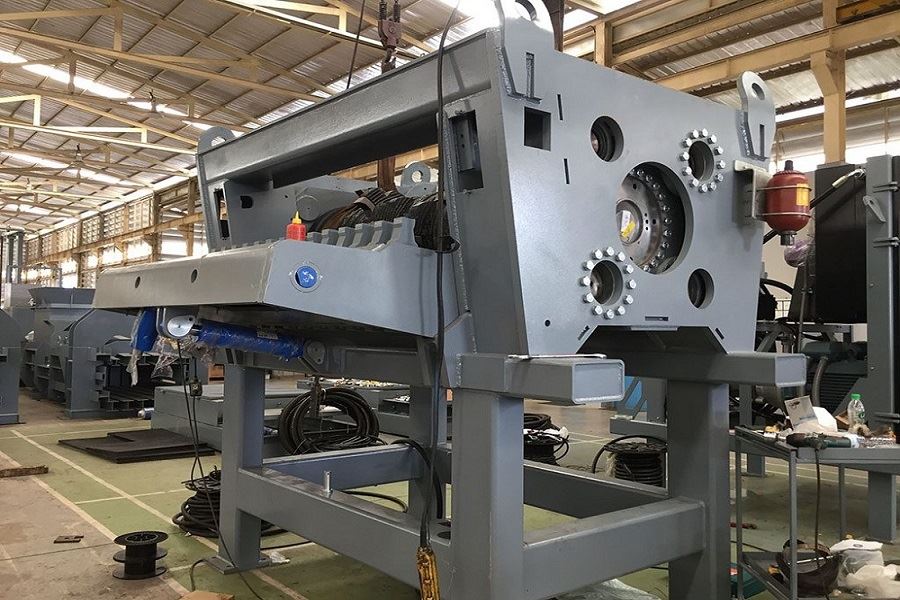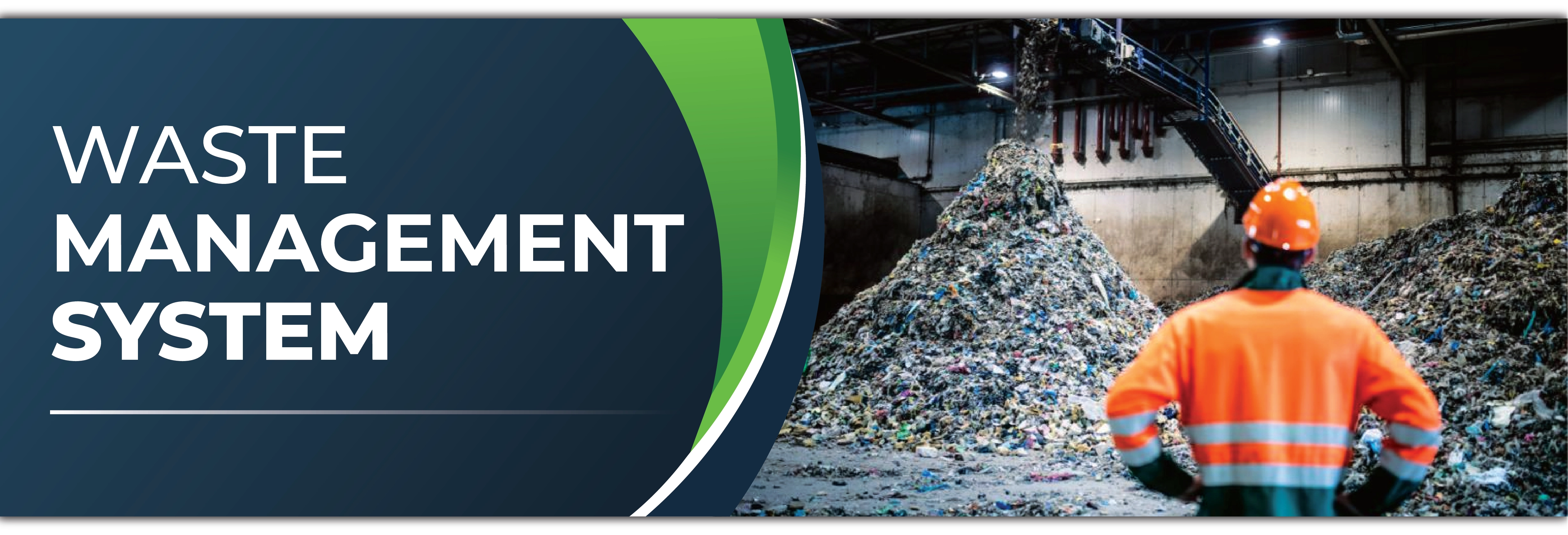Waste Management
A Waste Management refers to the process of collecting, transporting, processing, and disposing of waste materials generated from various sources. The waste management system aims to reduce the environmental and health impacts of waste by minimising its generation, reusing and recycling materials, and disposing of waste safely and responsibly.
waste management system is essential to ensure that waste materials are managed efficiently, safely, and responsibly. The waste management system involves various components, such as waste generation, collection, segregation, processing, disposal, and monitoring and compliance. The waste management system aims to reduce the environmental and health impacts of waste by minimising its generation, reusing and recycling materials, and disposing of waste safely and responsibly.
Key Components of Waste Management:
Waste Prevention: This method focuses on reducing waste generation at the source through practices such as product redesign, material substitution, and promoting sustainable consumption habits. By minimizing waste production, this approach helps conserve resources and reduce environmental burdens.
Recycling and Resource Recovery: Recycling involves transforming waste materials into new products or raw materials through processes like sorting, shredding, melting, and manufacturing. Resource recovery efforts aim to recover valuable materials, energy, or resources from waste streams, reducing the need for virgin resources and lowering environmental impacts.
Composting: Composting is a biological process that converts organic waste, such as food scraps, yard trimmings, and agricultural residues, into nutrient-rich compost. This method not only diverts organic waste from landfills but also produces a valuable soil amendment for agriculture and landscaping.
Waste-to-Energy Conversion: WtE technologies, including incineration, gasification, and pyrolysis, convert waste into heat, electricity, or biofuels. These processes reduce the volume of waste, generate renewable energy, and contribute to sustainable waste management practices.
Landfilling: Landfills are engineered disposal sites for residual waste that cannot be recycled, composted, or converted into energy. Modern landfills incorporate liners, leachate collection systems, and gas capture to minimize environmental impacts and control emissions.



Household waste generation and composition
Household waste generation and composition vary widely depending on factors such as lifestyle, economic status, cultural practices, and geographic location. Generally, household waste encompasses a diverse range of materials, including organic waste, paper, plastics, glass, metals, textiles, electronic waste (e-waste), and hazardous household products.
Organic waste, such as food scraps, yard trimmings, and biodegradable materials, constitutes a significant portion of household waste, contributing to environmental concerns like methane emissions when improperly disposed of in landfills. Paper and cardboard waste are common in households, arising from packaging materials, newspapers, magazines, and office paper.
Plastics, including packaging materials, bottles, containers, and single-use items, are prevalent in household waste streams, posing challenges due to their non-biodegradable nature and environmental impact. Glass and metal waste, primarily from beverage containers, food packaging, and household items, are recyclable materials that can be diverted from landfills.
E-waste Management
E-waste management refers to the systematic handling, treatment, and disposal of electronic waste, also known as e-waste, which includes discarded electronic devices and equipment. This category encompasses a wide range of items, such as computers, laptops, smartphones, tablets, televisions, printers, and other electronic appliances. E-waste poses unique challenges due to its complex composition, rapid technological advancements, and hazardous components like heavy metals, flame retardants, and toxic chemicals.
Effective e-waste management involves several key strategies:
-
Collection and Segregation: Establishing collection points or e-waste recycling centres for consumers to safely dispose of their old electronic devices. Proper segregation of e-waste into categories such as reusable, recyclable, and hazardous components is essential for efficient processing.
-
Recycling and Resource Recovery: Utilizing specialized recycling facilities and technologies to dismantle e-waste, recover valuable materials like metals, plastics, and glass, and diverting these resources back into the manufacturing supply chain.
-
Hazardous Waste Treatment: Implementing safe and environmentally sound methods for treating hazardous components found in e-waste, such as lead-acid batteries, mercury-containing bulbs, and printed circuit boards containing toxic substances like brominated flame retardants.
-
Data Security: Ensuring the secure erasure or destruction of data from electronic devices before recycling or disposal to protect sensitive information and prevent data breaches.
-
Regulatory Compliance: Adhering to e-waste regulations, guidelines, and extended producer responsibility (EPR) frameworks that mandate manufacturers to take responsibility for managing end-of-life electronic products and promoting sustainable product design and recycling practices.
Hazardous Waste Management System
A Hazardous Waste Management System is an intricately designed framework dedicated to the safe handling, treatment, and disposal of hazardous waste materials, prioritizing the safeguarding of human health and environmental integrity. This system encompasses a series of strategies, protocols, and methodologies aimed at efficiently managing hazardous waste streams originating from diverse sectors, including industrial operations, research laboratories, healthcare facilities, and manufacturing processes.
There are several components of a Hazardous Waste Management System include:
- Waste Identification and Classification: Accurately identifying and classifying hazardous waste according to regulatory guidelines based on its characteristics, such as flammability, toxicity, corrosiveness, and reactivity.
- Safe Handling and Storage: Implementing safe handling procedures and providing appropriate storage facilities, containers, and labelling to prevent leaks, spills, and exposure to hazardous substances during storage and transport.
- Waste Minimization and Source Reduction: Adopting practices to minimize the generation of hazardous waste at the source through process optimization, material substitution, recycling, and pollution prevention measures.
- Treatment and Disposal: Utilizing specialized treatment methods, such as chemical neutralization, physical separation, thermal treatment, or biological processes, to treat hazardous waste and render it less harmful before disposal. Disposal methods may include secure landfilling, incineration, encapsulation, or recycling, depending on the waste type and regulatory requirements.
- Compliance and Regulatory Oversight: Ensuring compliance with hazardous waste regulations, permits, and reporting requirements imposed by local, national, and international authorities. This includes maintaining accurate records, conducting waste audits, and obtaining necessary permits for waste handling and disposal activities.
- Training and Education: Providing comprehensive training programs for employees involved in hazardous waste management on safety protocols, emergency response procedures, use of personal protective equipment (PPE), and spill containment measures to minimize risks and enhance awareness.
Benefits of Effective Waste Management::
-
Environmental Protection: Proper waste management reduces pollution, conserves natural resources, and protects ecosystems, contributing to environmental sustainability.
-
Resource Conservation: Recycling and resource recovery conserve valuable materials, energy, and water resources, promoting a circular economy and reducing reliance on finite resources.
-
Public Health and Safety: Responsible waste management prevents exposure to hazardous substances, minimizes health risks, and safeguards communities from environmental hazards.
-
Cost Efficiency: Efficient waste management practices, such as waste prevention and recycling, can lower waste disposal costs, generate revenue from recycled materials, and optimize resource utilization.
-
Compliance and Reputation: Adhering to waste management regulations and implementing sustainable practices enhances regulatory compliance, fosters corporate responsibility, and improves organizational reputation.
Kelvin Water Technologies Pvt. Ltd. is a leading provider of turnkey solid waste management system projects and services. We have a skilled team of engineers and technicians who specialise in turnkey waste management systems. Our team of professionals is well-versed in the latest Solid Waste Management system technologies and processes, and they use their expertise to ensure that all projects are delivered according to client specifications.
FAQs – Waste Management
Q1. What is Waste Management System (WMS)?
Ans. A waste management system is a strategy used by an organisation to dispose of, decrease, reusable, and prevent waste. Recycling, composting, incineration, landfills, bioremediation, waste to energy, and waste minimization are all possible waste disposal methods.
Q2. What is the process of WMS?
Ans.The waste management hierarchy is divided into four levels, which are ordered from most prefered to least prefered methods in terms of environmetal sustainability: Source reduction and reuse; recycling or composting; energy recovery; and treatment and disposal are all options.
Q3. What are the benefits of Waste Management?
- The most significant benefit of waste management is that it eventually leads to a cleaner and fresher environment.
- Reduces Pollution: Proper waste management not only eliminates subsequent waste but also reduces the impact and intensity of harmful greenhouse gases such as carbon-di-oxide, carbon mono-oxide, and methane, which are frequently expelled from accumulated wastes in landfills.
- Recycling is one of the most important aspects of waste management, and it helps to conserve energy over time. One of the most prominent examples of this benefit can be found in the practise of recycling paper.
Q4. What is the method of Waste Management?
Ans. Recycling and composting are two of the most effective waste management methods. Composting is currently only possible on a small scale, either by individuals or in areas where waste can be mixed with farming soil or used for landscaping.
Q.5. What are the key components of waste management?
- Gathering of waste
- Storage
- Collection
- Transportation
- Disposal.
Q6. What is the Importance of Waste Management?
Ans. Waste management decrease the impact of waste on the environment, health, and other factors. It can also aid in the reuse or recycling of resources such as paper, cans, and glass. Waste management encompasses the disposal of solid, liquid, gaseous, or hazardous substances, among other things.










